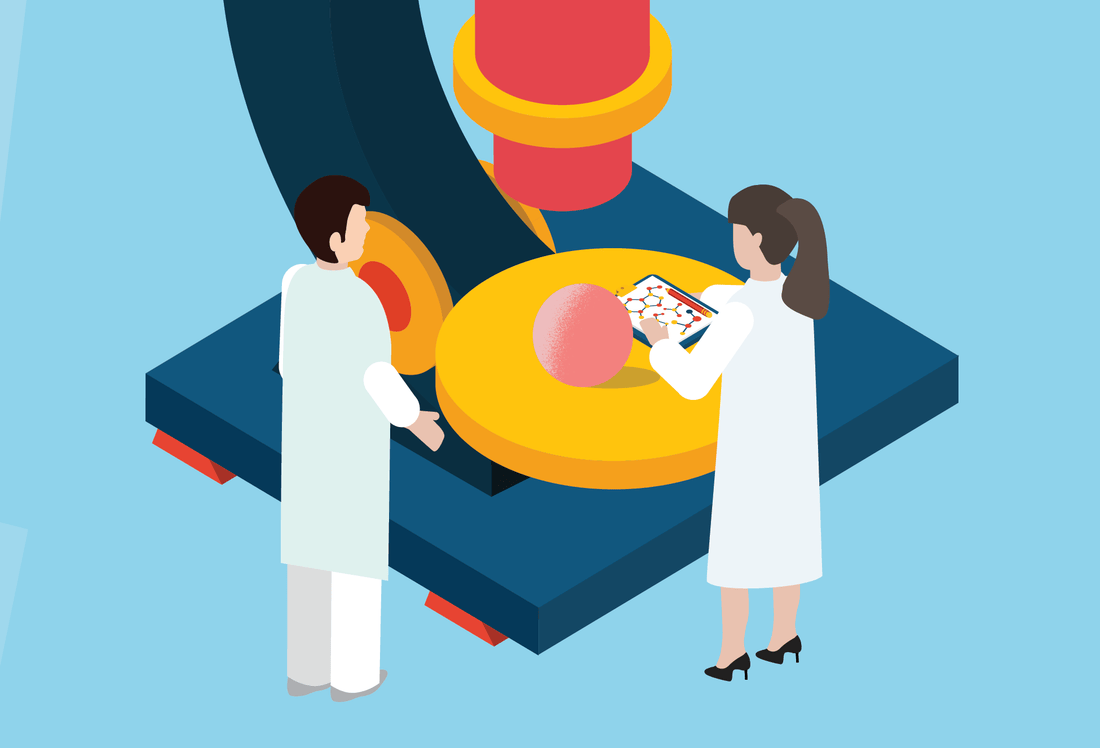Ingredients for Brain Health
Despite popular belief, the brains we are born with are not the brains we are stuck with after all! Numerous studies point to the incredible adaptability of the brain. In addition to eating well, exercising, and getting enough sleep, certain supplements can support brain health.* But not all supplements are created equally. With so many options online and on pharmacy shelves, it’s important to choose a supplement with clinically tested ingredients.
Neuriva is a brain health supplement comprised of a blend of two clinically tested, sustainably sourced, decaffeinated and GMO-free ingredients –phosphatidylserine (PS) and whole fruit coffee cherry extract. The phosphatidylserine helps to support memory and learning while the coffee cherry works to support accuracy, focus, and concentration.* Let’s take a closer look at these key ingredients.
What Is Coffee Cherry?
Everyone’s familiar with the coffee bean, but the less known, coffee cherry extract is made from the whole fruit of the common Coffea arabica plant. The coffee cherry surrounds and protects the coffee beans, which are roasted and processed to produce coffee.[1]
Coffee cherry crops are sourced from farms, reinforcing a commitment to sustainability and better opportunities for farmers, their families and our planet.
Unlike coffee beans, coffee cherry extract contains a unique profile of polyphenols that have been shown in clinical studies to stimulate the production of Brain-Derived Neurotrophic Factor, more commonly known as, BDNF.[2]
What Is BDNF?
Brain-Derived Neurotrophic Factor (BDNF) is a neurotrophic protein and the most prevalent growth factor in the central nervous system. BNDF has an important role in maintaining the health of existing brain cells, inducing the growth of new neurons and synapses, and supporting overall cognitive memory and learning.[3]
- Just two to three coffee cherries produce enough extract for 100 milligrams.
- Clinical studies have shown that coffee cherry can increase BDNF levels in as little as 90 minutes.[1]
What is Phosphatidylserine?
Phosphatidylserine (PS) is a phospholipid present throughout the body and is known to support proper functioning of the nerve cells in the brain and the communication between them.[4]
Dietary supplementation with phosphatidylserine derived from soybeans has shown cognitive benefits in humans of various age groups.[4]
- One clinical study showed that taking 100 milligrams a day of soy-derived phosphatidylserine improved memory functions, such as memorizing names and faces.[5]
- There are about 30 grams of Phosphatidylserine in a human body, with about 13 of those grams found in the brain.[5]
While you may not always be familiar with certain ingredients, do your research! When choosing a supplement, look for products that have science backing their ingredients. Knowledge is power and understanding the ingredients in the supplements you are taking is key to be an informed and empowered consumer.
References:
[1]Reyes-Izquierdo, T., Argumedo, R., Shu C., Nemzer B., & Pietrzkowski, Z. (2013) Stimulatory Effect of Whole Coffee Fruit Concentrate Powder on Plasma Levels of Total and Exosomal Brain-Derived Neurotrophic Factor in Healthy
[2]Reyes-Izquierdo, T., Nemzer, B., Shu, C., Huynh, L., Argumedo, R., Keller, R., & Pietrzkowski, Z. (2013). Modulatory effect of coffee fruit extract on plasma levels of brain-derived neurotrophic factor in healthy subjects. British Journal of Nutrition, 110(3), 420-425.
[3]Brambilla, R., Cunha, C., & Thomas, K.L. (2019). A simple role of BNDF in learning and memory? Frontiers in Molecular Neuroscience, 3, 1.
[4]Crook T. Treatment of age-related decline in cognitive capacities The effects of phosphatidylserine. In: Katz, RM, Goldman, eds. Anti-Aging Medical Therapeutics, 1998:20-28.
[5]Kim, H. Y., Huang, B. X., & Spector, A. A. (2014). Phosphatidylserine in the brain: metabolism and function. Progress in lipid research, 56, 1-18.
*These statements have not been evaluated by the Food and Drug Administration. This product is not intended to diagnose, treat, cure, or prevent any disease.
